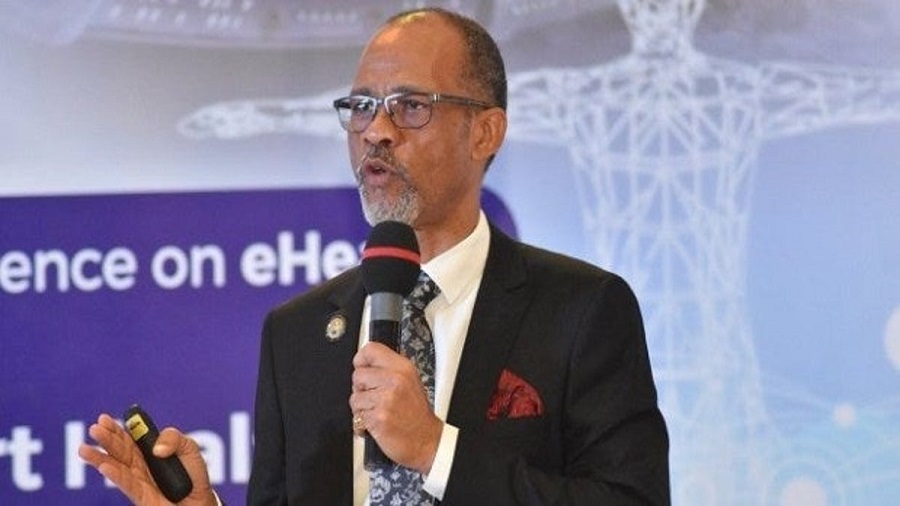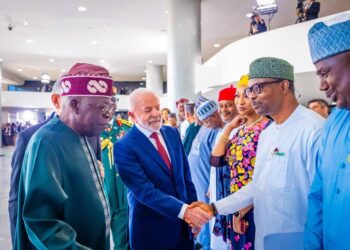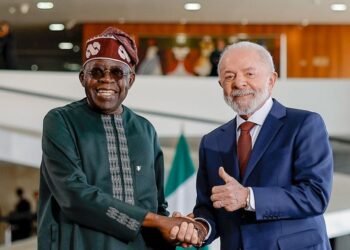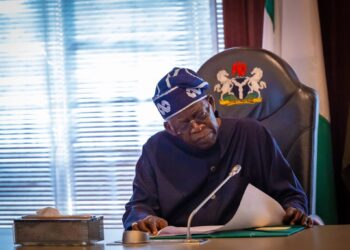Article summary
- Shortly after taking the oath of office on Monday, President Bola Ahmed Tinubu promised affordable electricity to all Nigerians
- President Tinubu said the affordability will cut across residences and businesses in the country.
- While campaigning for the office of the president, Bola Tinubu said he would consolidate on the achievements of the past Buhari administration in the country’s power sector.
President Bola Ahmed Tinubu, upon assuming office as Nigeria’s president on Monday, May 29, 2023, has pledged to ensure accessible and affordable electricity for all Nigerians.
He stated this shortly after being sworn in as Nigeria’s president and taking the oath of office on Monday, May 29, 2023. Tinubu highlighted his administration’s dedication to delivering efficient governance in alignment with the aspirations of the Nigerian people.
- “Electricity will become more accessible and affordable to businesses and homes alike. Power generation should nearly double, and transmission and distribution networks improved. We will encourage states to develop local sources as well.”
Tinubu’s power sector plans
A review of Tinubu’s campaign manifesto reveals that his administration has plans to review and upgrade the country’s power sector governance and regulatory structure. The latest regulation document that stakeholders have called on the government to reform is the Electric Power Sector Reform Act (EPSRA) amendment bill.
Also, according to Tinubu’s campaign manifesto, the power sector regulations reform will ensure that government processes and procedures improve efficiency and accountability for project management, design, procurement, construction, and remittances. The Tinubu administration plans to make sure that all Nigerian households and businesses are metered, using the National Mass Metering Program (NMMP) and the Meter Asset Provider Scheme (MAPS).
These schemes were established by the past president Buhari, and are aimed at putting an end to estimated billing. This will, in turn, aid the Tinubu administration’s push for the collection of cost-reflective tariffs by the distribution companies (DisCos).
As seen in the November 2022 Nigeria Public Finance Review report by the World Bank, some of the problems hampering performance in the country’s power sector are weak tariff regulation, high technical losses, and low collections.
President Tinubu also plans to make the power sector priority when it comes to the use of natural gas resources for power generation and utilization. According to the campaign manifesto, Tinubu’s government will also support power projects that can be delivered quickly to optimize power grid reliability, grid interconnectedness, and grid wheeling.
What you should know
President Tinubu’s administration will also follow through on the existing power projects initiated by the past administration. This is inclusive of phase one of the Siemens power project, which FGN Power Company has said is at the 80% completion stage.
- Under the Siemens power project, transmission and distribution infrastructure will also be improved.
- It is also important to note that the new president intends to expand Nigeria’s power mix to include clean coal, solar, hydropower, and other sustainable energy technologies.






















